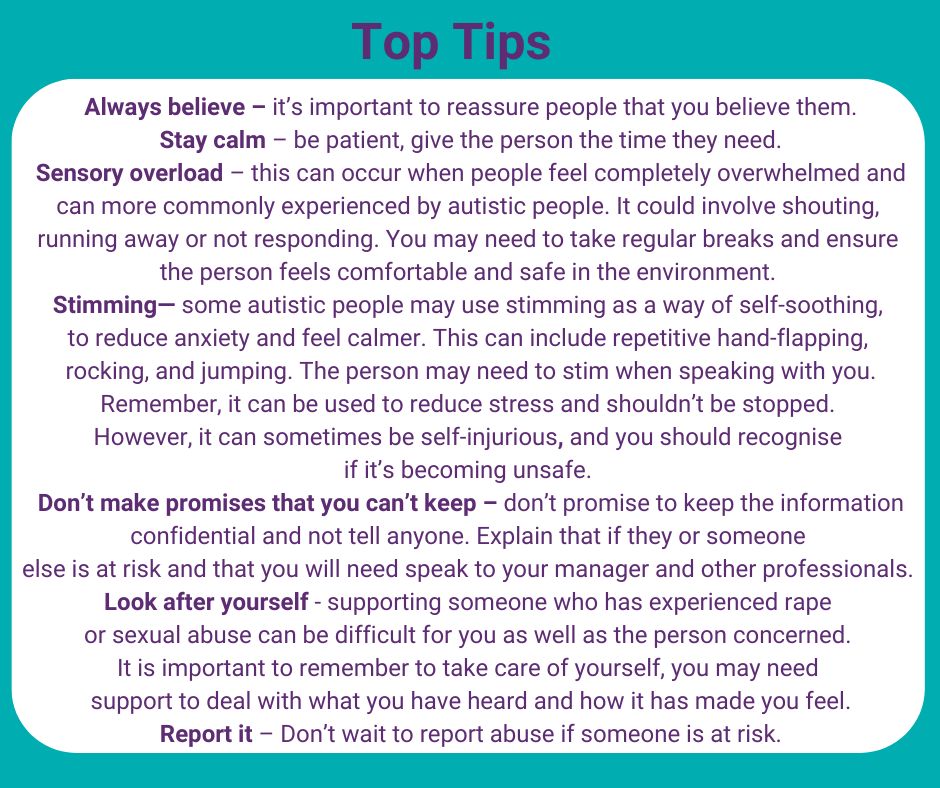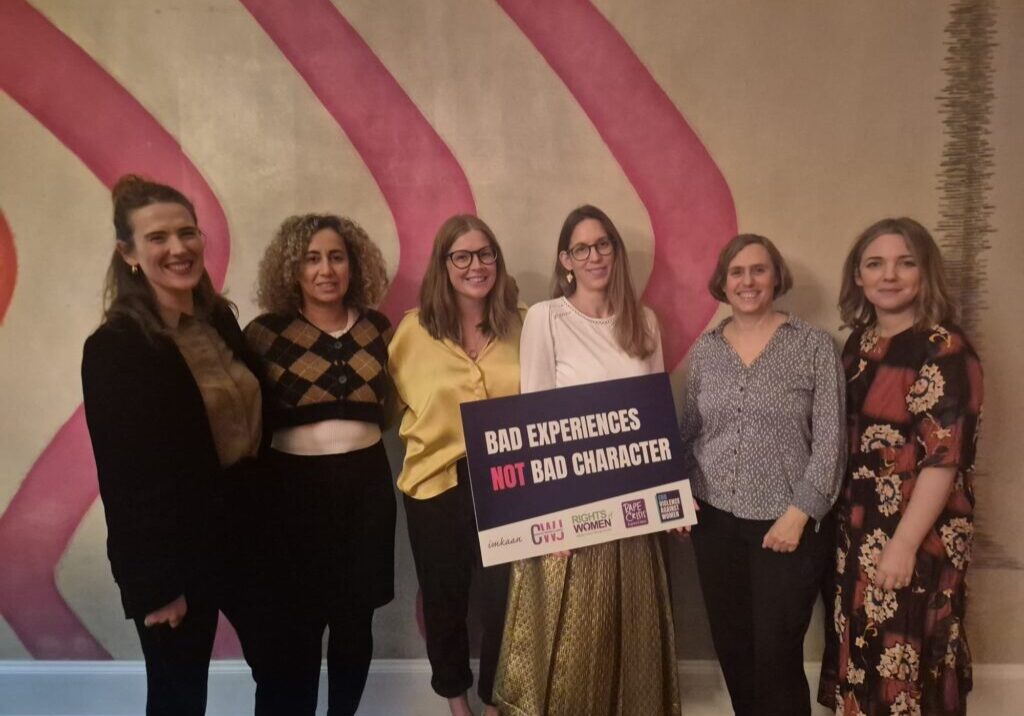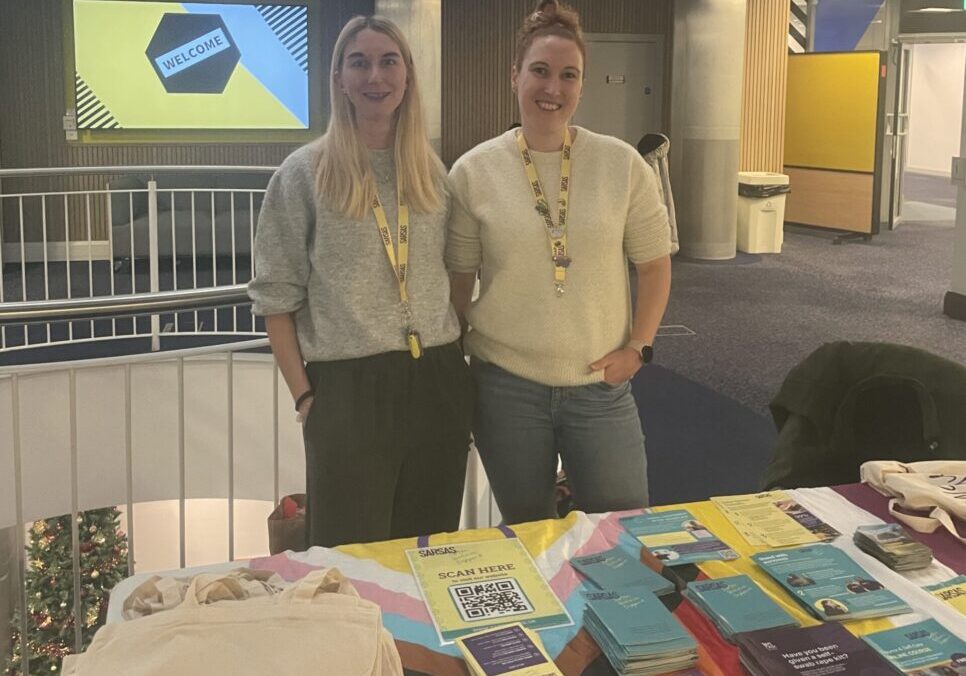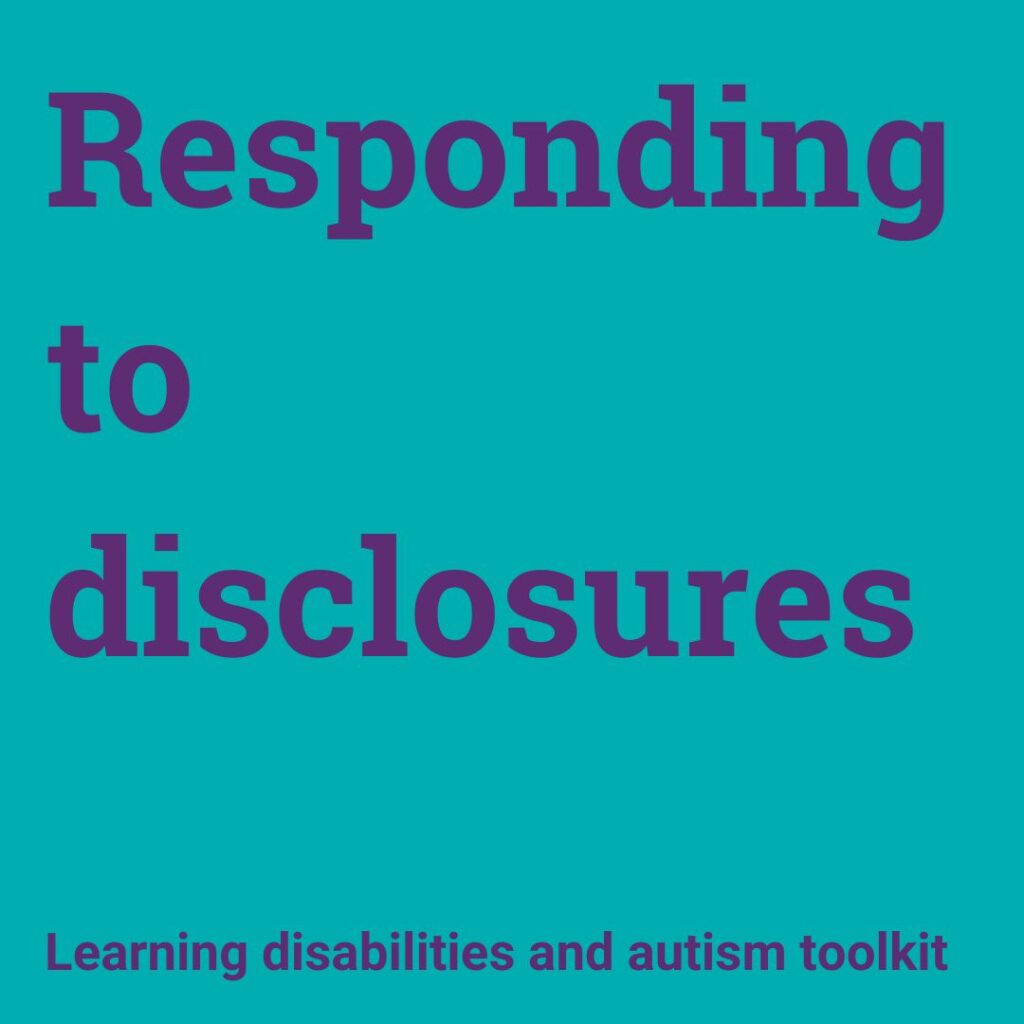
Responding to disclosures
Rape and sexual violence are traumatic events that can have profound psychological, physical, and emotional impacts. Autistic people and people with learning disabilities may have additional barriers that prevent them from being able to talk about what has happened to them.
This section will explain the three things to consider if a disclosure of sexual abuse is made to you.
- How to respond to a disclosure of sexual abuse
- Assessing the risk and safeguarding
- Further support and referrals
Remember if you are worried about sexual violence or abuse, you should always follow your organisation’s safeguarding policy.
1. How to respond to a disclosure of sexual abuse
Rape and sexual violence are traumatic events that can have profound psychological, physical, and emotional impacts.
Autistic people and people with learning disabilities may experience additional barriers that prevent them from being able to talk about what has happened to them. These can include but are not limited to:
- verbal communication barriers or not having the words to talk about their experience
- fear (or previous experience) of not being believed when disclosing an experience of sexual violence
- feeling unsure if what has happened ‘counts’ as abuse.
The most important thing to remember is to be patient and support people to communicate the information at their own pace. Telling someone about a personal experience of rape or sexual violence can be a very difficult thing to do.
How to support someone
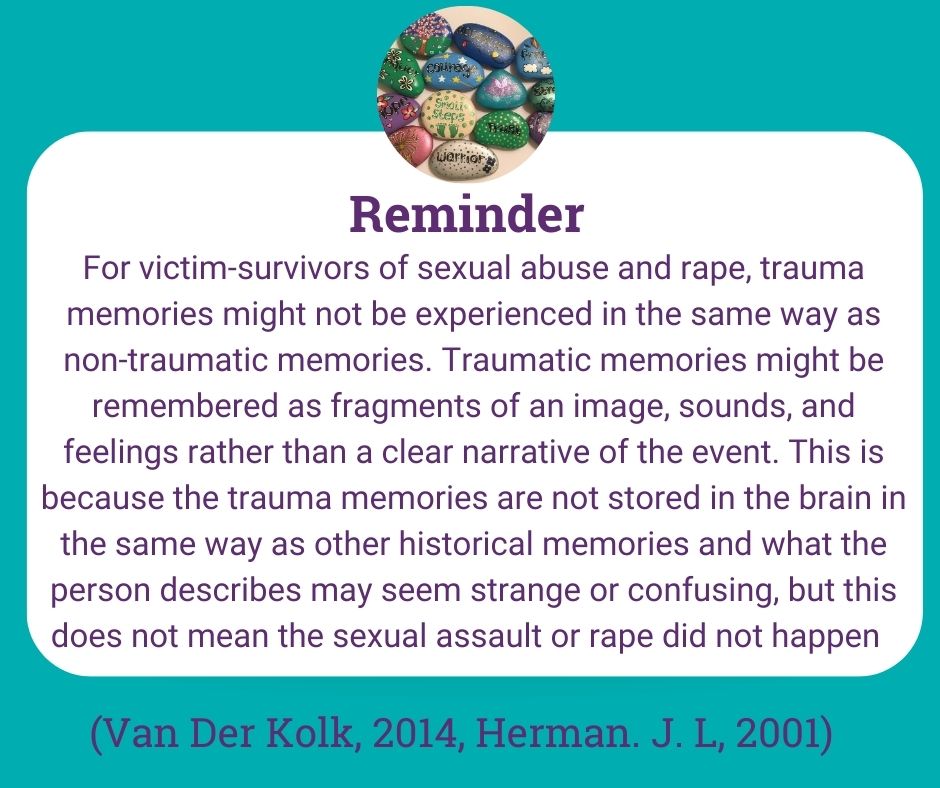
2. Assessing the risk and safeguarding
You will need to establish if the person you are speaking with is in immediate danger or at risk of harm or neglect. You will need to understand:
- when and where did the incident take place?
- is the person experiencing, or at risk of, abuse or neglect? has anyone else been told? This could be professionals, family or friends.
- does the person have care and support needs (i.e., do they receive a service from the local council to meet their support needs)?
- as a result of those care and support needs, is the person unable to protect themselves from either the risk of, or the experience of, abuse or neglect?
If the person you are supporting is in immediate danger, or at risk of harm or neglect you need to follow your safeguarding policy and initiate a safeguarding referral. If you are unsure, seek urgent advice from a manager or safeguarding lead and decide together whether there is an immediate risk and a need to safeguard.
If you are making a safeguarding referral and/or contacting the police, it is important that you balance getting the basic, factually correct information whilst offering comfort and support.
Be aware that the client may also feel embarrassed or ashamed and may be very scared about the impact of talking to professionals. They will need reassurance of their safety and an explanation of why you need to tell other professionals.
If the client is in immediate danger and/or expressing suicidal thoughts, you might need to make a safety plan and consider local services who can help keep the client safe such as mental health services, crisis services, the police, refuge providers and social care.
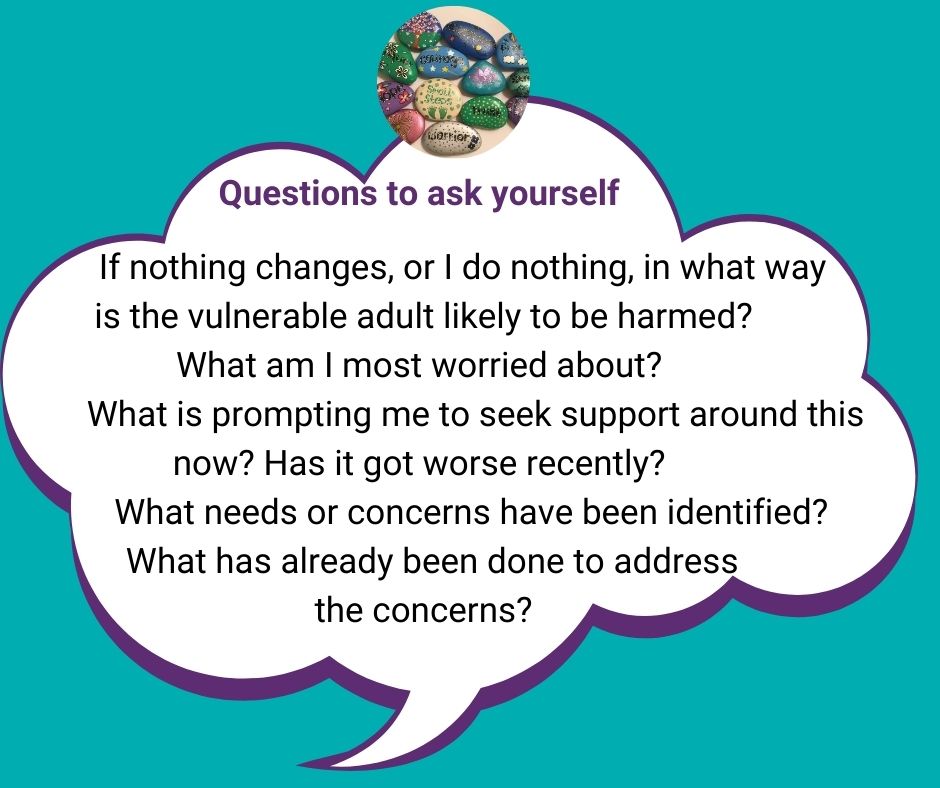
Further support and referrals
All professionals can make referrals to specialist sexual violence support services. Contact your local specialist service who will signpost you to what services are available.
The Survivor Pathway is an online resource for anyone wanting to know more about specialist sexual violence support services in the South West.
If someone was assaulted recently
If you are supporting a client who has experienced rape or sexual abuse in the last 8- 10 days, you can discuss whether they want to go to their local Sexual Assault Referral Centre (SARC) to have a forensic examination.
At the SARC, they will be offered a forensic examination, but they will not be put under any pressure to go to the police. If the person wants to give a statement to the police but finds verbal communication challenging, they may be able to get an intermediary to help with this process.
SafeLink have produced an easy read step by step guide to reporting sexual violence and abuse to the police.
Independent Sexual Violence Advisers (ISVA)
Independent Sexual Violence Advisers (ISVAs) play an important role in providing specialist-tailored support to victims/survivors of sexual violence, irrespective of whether they have reported to the police.
ISVAs provide impartial information to the victim/survivor about all of their options, such as reporting to the police, accessing Sexual Assault Referral Centre (SARC) services, and specialist support such as pre-trial therapy and sexual violence counselling. ISVAs also provide information on other services that victims/survivors may require, for example in relation to health and social care, housing, or benefits.
ISVAs work in partnership with a range of agencies, including specialist learning disability professionals and organisations, to ensure the specific needs of each victim/survivor are responded to.
Many ISVA services now have specially trained ISVAs who are able to support victims/survivors with multiple disadvantages and/or complex needs – including those with learning disabilities.
Mandatory reporting
Professionals will also need to consider if they have mandatory reporting requirements in their policies and procedures. Some services require the police to be informed if a crime is disclosed, regardless of the client’s wishes, so this is an important consideration that should be made clear to the victim-survivor before they disclose.
